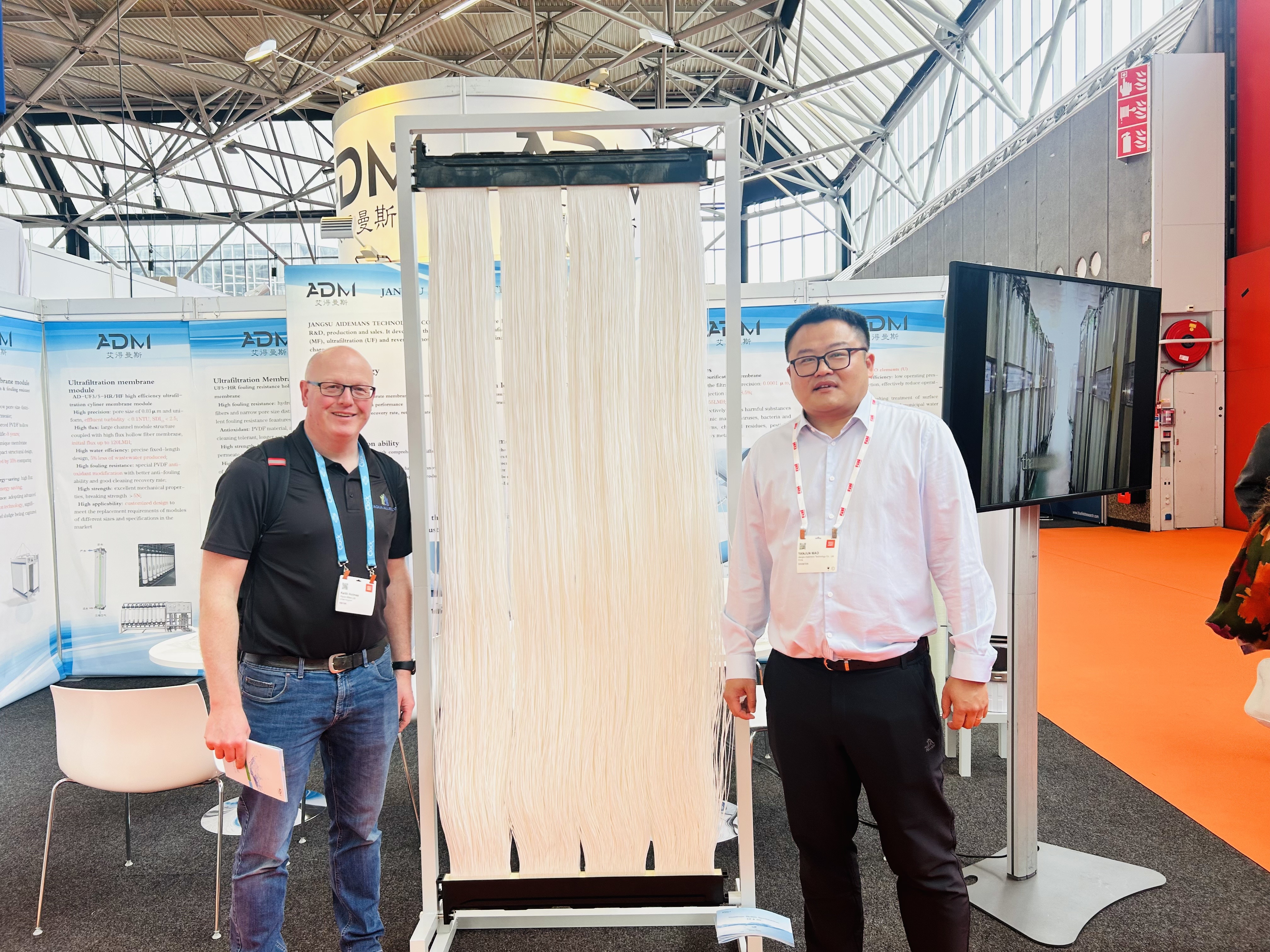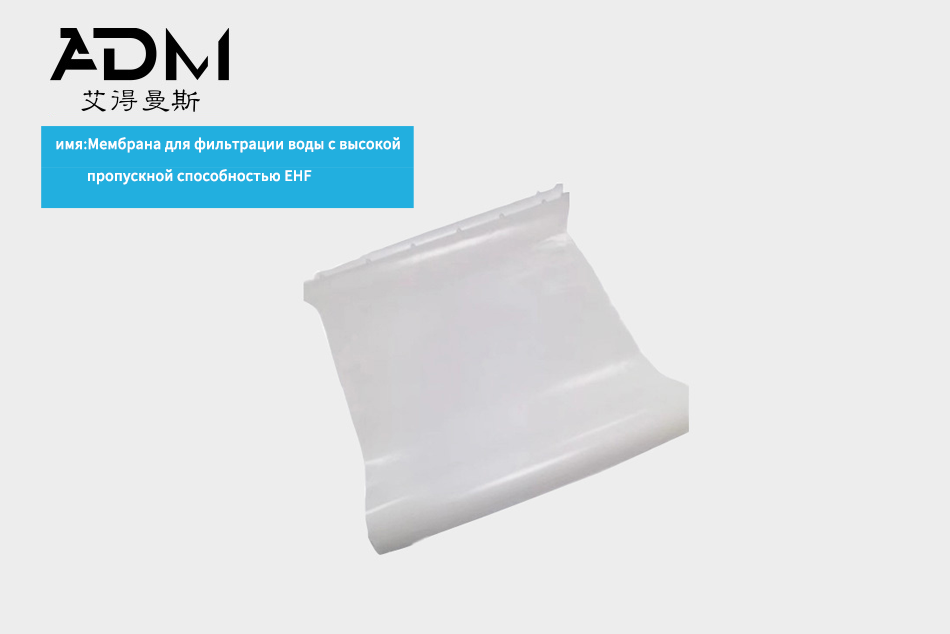Understanding Reverse Osmosis LPI: A Key Component in Industrial Filtration Systems
Release time:
2025-09-08
Reverse Osmosis LPI (Low-pressure Integral) technology plays a pivotal role in the industrial filtration landscape. It is a specialized form of reverse osmosis (RO) that operates at lower pressures while maintaining high efficiency in purifying water. This makes it particularly advantageous for various applications where water quality is critical but energy consumption needs to be minimized. At it
Reverse Osmosis LPI (Low-pressure Integral) technology plays a pivotal role in the industrial filtration landscape. It is a specialized form of reverse osmosis (RO) that operates at lower pressures while maintaining high efficiency in purifying water. This makes it particularly advantageous for various applications where water quality is critical but energy consumption needs to be minimized.
At its core, reverse osmosis is a water purification technology that utilizes a semipermeable membrane to remove impurities, including salts, organic compounds, and microorganisms. The process involves applying pressure to the water on one side of the membrane, forcing it through while leaving contaminants behind. LPI systems have been designed to optimize this process, making it suitable for a range of industrial applications.
One of the primary advantages of Reverse Osmosis LPI is its reduced energy requirement compared to traditional high-pressure systems. This translates to lower operational costs, making it an attractive choice for industries looking to enhance sustainability while ensuring water quality. It's particularly beneficial in sectors such as food and beverage, pharmaceuticals, and electronics, where the purity of water directly impacts product quality and safety.
Moreover, the compact design of LPI systems allows for easier integration into existing filtration setups. This flexibility is critical for industries that might not have the space for larger, bulkier filtration equipment. Additionally, LPI systems often come with advanced monitoring capabilities, enabling real-time tracking of the filtration process and ensuring optimal performance.
In terms of maintenance, LPI systems are generally easier to service due to their simpler design. This not only reduces downtime but also enhances the longevity of the equipment. Regular cleaning and maintenance of the reverse osmosis membranes ensure that the system operates at peak efficiency, further prolonging the life of the unit and minimizing the need for replacement parts.
Furthermore, the application of Reverse Osmosis LPI goes beyond just purification. It can also be effectively used in processes such as water recycling, where reclaimed water is treated and reused, thus contributing to environmental sustainability initiatives. This aspect is increasingly important as industries strive to reduce their environmental footprint and adhere to stricter regulatory standards.
In summary, Reverse Osmosis LPI represents a significant advancement in filtration technology that addresses both performance and sustainability. By understanding its principles and applications, professionals can make informed decisions that not only improve operational efficiency but also contribute to broader environmental goals in their industries. This technology stands out as a leading solution for those seeking reliable, energy-efficient water purification methods within their industrial processes.
At its core, reverse osmosis is a water purification technology that utilizes a semipermeable membrane to remove impurities, including salts, organic compounds, and microorganisms. The process involves applying pressure to the water on one side of the membrane, forcing it through while leaving contaminants behind. LPI systems have been designed to optimize this process, making it suitable for a range of industrial applications.
One of the primary advantages of Reverse Osmosis LPI is its reduced energy requirement compared to traditional high-pressure systems. This translates to lower operational costs, making it an attractive choice for industries looking to enhance sustainability while ensuring water quality. It's particularly beneficial in sectors such as food and beverage, pharmaceuticals, and electronics, where the purity of water directly impacts product quality and safety.
Moreover, the compact design of LPI systems allows for easier integration into existing filtration setups. This flexibility is critical for industries that might not have the space for larger, bulkier filtration equipment. Additionally, LPI systems often come with advanced monitoring capabilities, enabling real-time tracking of the filtration process and ensuring optimal performance.
In terms of maintenance, LPI systems are generally easier to service due to their simpler design. This not only reduces downtime but also enhances the longevity of the equipment. Regular cleaning and maintenance of the reverse osmosis membranes ensure that the system operates at peak efficiency, further prolonging the life of the unit and minimizing the need for replacement parts.
Furthermore, the application of Reverse Osmosis LPI goes beyond just purification. It can also be effectively used in processes such as water recycling, where reclaimed water is treated and reused, thus contributing to environmental sustainability initiatives. This aspect is increasingly important as industries strive to reduce their environmental footprint and adhere to stricter regulatory standards.
In summary, Reverse Osmosis LPI represents a significant advancement in filtration technology that addresses both performance and sustainability. By understanding its principles and applications, professionals can make informed decisions that not only improve operational efficiency but also contribute to broader environmental goals in their industries. This technology stands out as a leading solution for those seeking reliable, energy-efficient water purification methods within their industrial processes.


